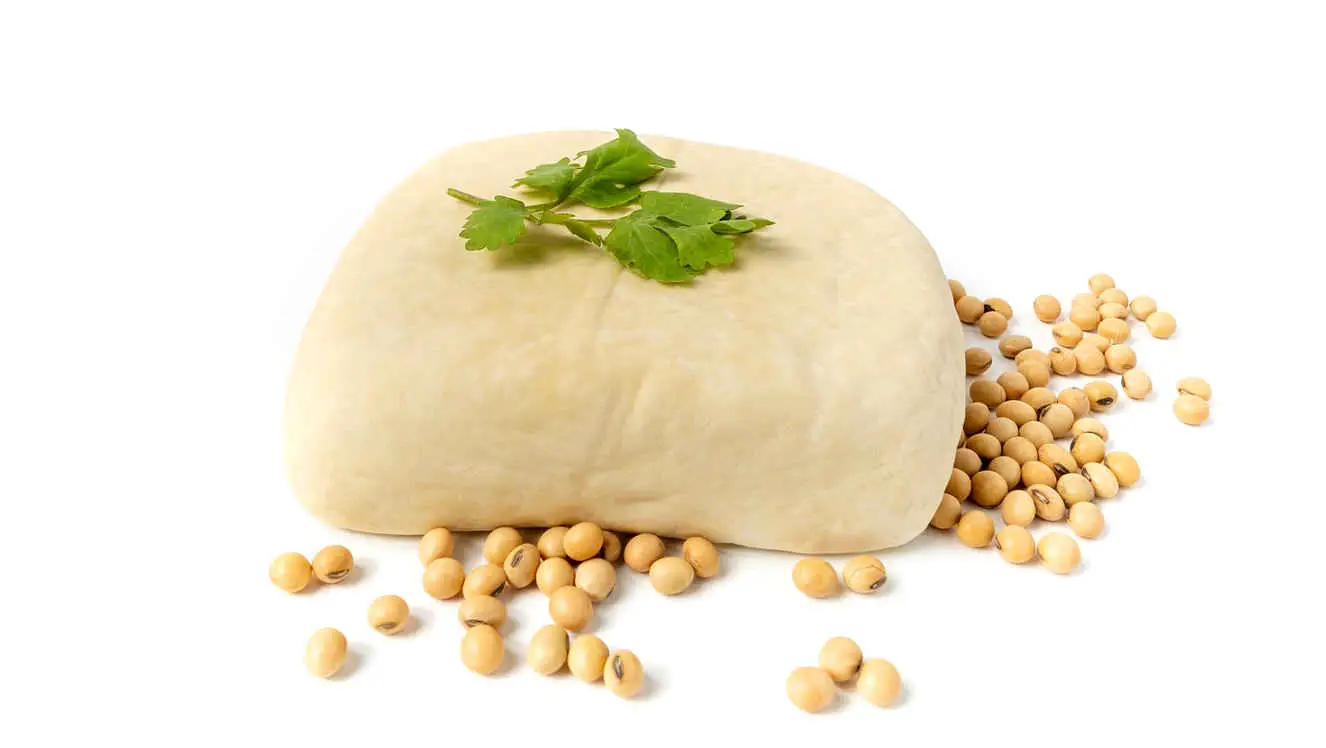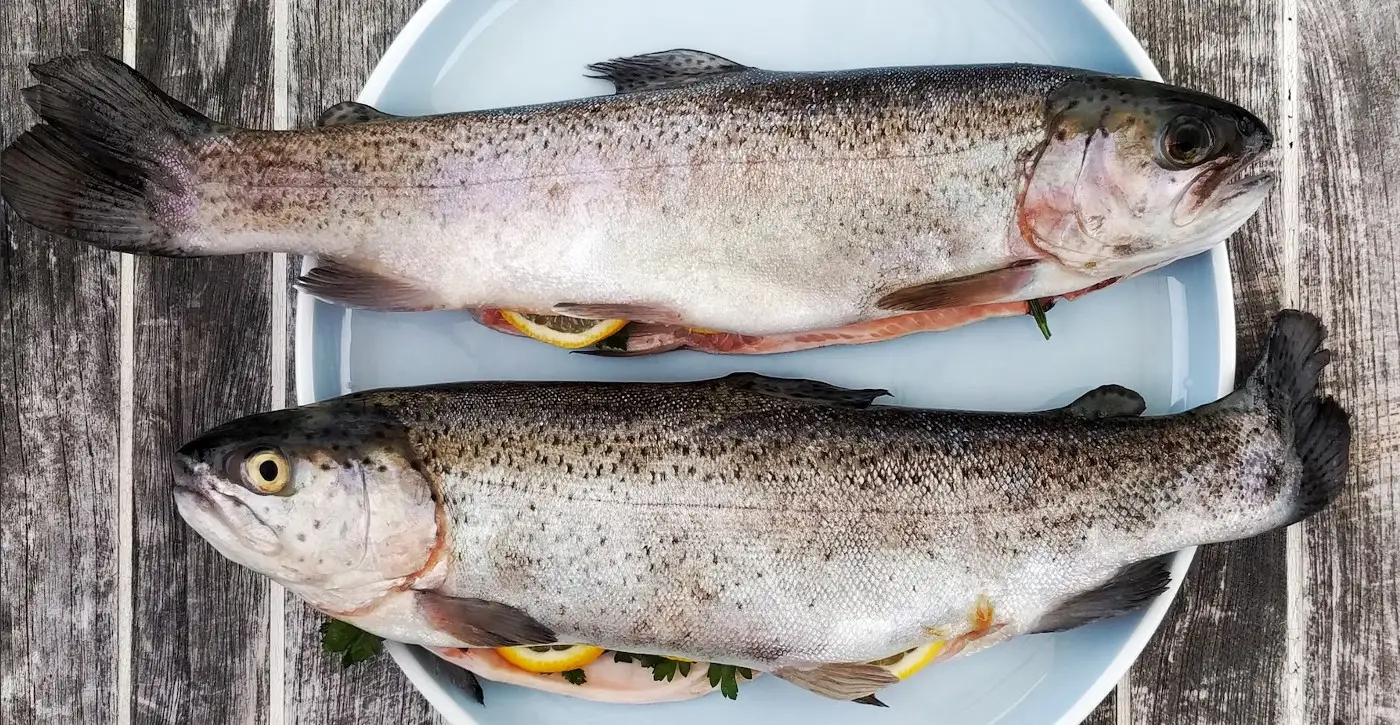Duck Liver Lysine and Arginine Info Sheet
Overview
Duck liver is a type of organ meat that is obtained from the liver of a duck. It is usually cooked by frying, baking, or boiling. It is often eaten as a delicacy or a spread.Duck liver is very high in protein, iron, vitamin A, vitamin B12, and folate.
It can help prevent anemia, support vision, and promote cell growth.
However, it is also high in cholesterol, which can increase the risk of heart disease.
It may also contain toxins or bacteria, so it should be cooked thoroughly and consumed in moderation.
| Name | Lysine (mg/100g) | Arginine (mg/100g) | Ratio |
|---|---|---|---|
| Duck Liver | 1418.18mg | 1147.73mg | 1.236 |
Duck Liver contains 1418.18mg of Lysine and 1147.73mg of Arginine per 100g of product.
This means Duck Liver has a high Lysine-Arginine ratio of 1.236.
Because Duck Liver contains slightly more lysine than arginine, increasing its consumption may benefit people who suffer from herpes, as it may boost the immune system.
Lysine Considerations
Duck liver has a very high amount of lysine, an essential amino acid that is important for protein synthesis, collagen formation, and calcium absorption.
Lysine can help prevent or treat cold sores, which are blisters caused by the virus HSV-1, also known as herpes.
Lysine works by blocking the growth of HSV-1, which needs another amino acid called arginine to multiply and infect cells.
Lysine can only be obtained through diet, and can be found in many high-protein foods like dairy, fish, eggs, meat and poultry.
Arginine Considerations
Duck liver has a very high amount of arginine, a semi-essential amino acid that is involved in nitric oxide production, wound healing, and immune function.
Arginine has a variety of functions in the body, including wound healing, helping the kidneys remove waste products from the body, and maintaining immune and hormone function.
Arginine also plays a role in the replication of the herpes virus, making it a key factor in cold sore outbreaks.
The herpes virus requires arginine to grow, replicate, and create new herpes viruses.
Foods a great source of arginine, such as nuts and chocolate, may increase the frequency and severity of these outbreaks.
Lysine-Arginine Ratio
Duck liver has a favorable lysine-arginine ratio, which means that it has more lysine than arginine.
This may help prevent or treat viral infections, such as herpes simplex virus, by inhibiting the replication of the virus.
Both lysine and arginine play crucial roles in protein synthesis and other metabolic activities.
Interestingly, they have contrasting effects on the herpes simplex virus, which is responsible for cold sores and genital herpes.
Lysine can inhibit the virus's ability to replicate, while arginine can promote it.
Consequently, consuming foods with a high lysine to arginine ratio may help decrease the frequency and severity of herpes flare-ups.
Foods with a high lysine-arginine ratio include dairy products products, fish, poultry, fruits, and vegetables.
These foods can supply the body with sufficient lysine to block the virus's availability of arginine, thereby preventing its growth and spread.
Dietary Considerations
Poultry is a lean meat that is high in protein and lysine.
Poultry can help slow down or soothe the severity of herpes outbreaks, as lysine can prevent the replication of the herpes virus.
Poultry also contains iron, phosphorus, and vitamin B6, which are important for energy production and red blood cell formation.
Chicken and turkey are some of the poultry that have more lysine than arginine, with usually around 30% to 40% more.

For instance:
Drinking enough water to keep yourself hydrated and remove toxins from your body.
Water can also help prevent dryness and irritation of the skin and mucous membranes, which can result in fewer outbreaks.
You may want to take l-lysine supplements.
L-lysine is known to prevent herpes outbreaks and it can help stop a cold sore in its initial stages by "starving" the virus of arginine before it has a chance to cause a cold sore.
Other food supplements, such as vitamin C, zinc, selenium, and antioxidants, can help you boost your immunity and protect your cells from oxidative stress.
Pain, swelling, and itching can be reduced by eating foods that have anti-inflammatory, antiviral, and antibacterial properties, such as honey, yogurt, aloe vera, and chamomile.
These foods can also help you heal faster by promoting tissue repair.
Check more food information






